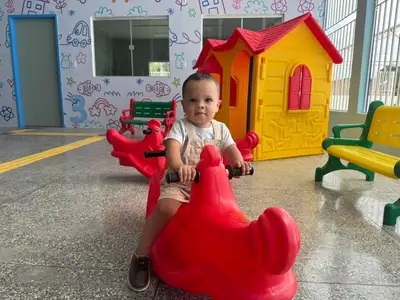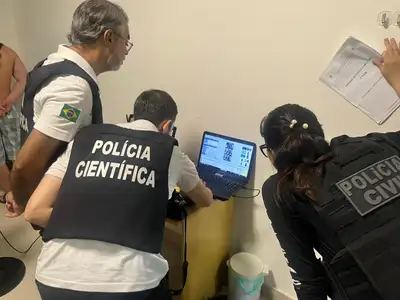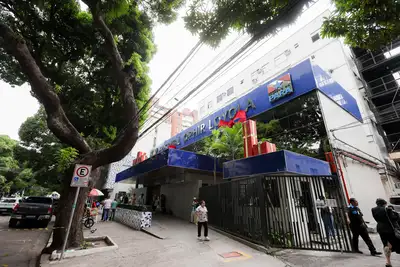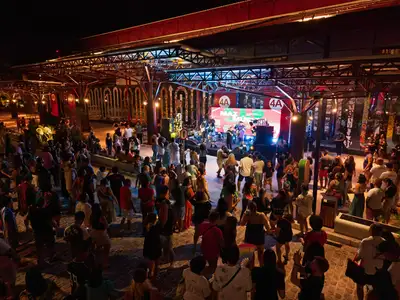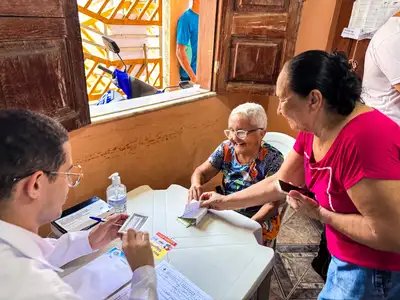Action “Amazon in Libras” brings inclusion and culture to Forte do Presépio, with support from Secult
Initiative encourages practical teaching and reinforces exchanges between academia and society
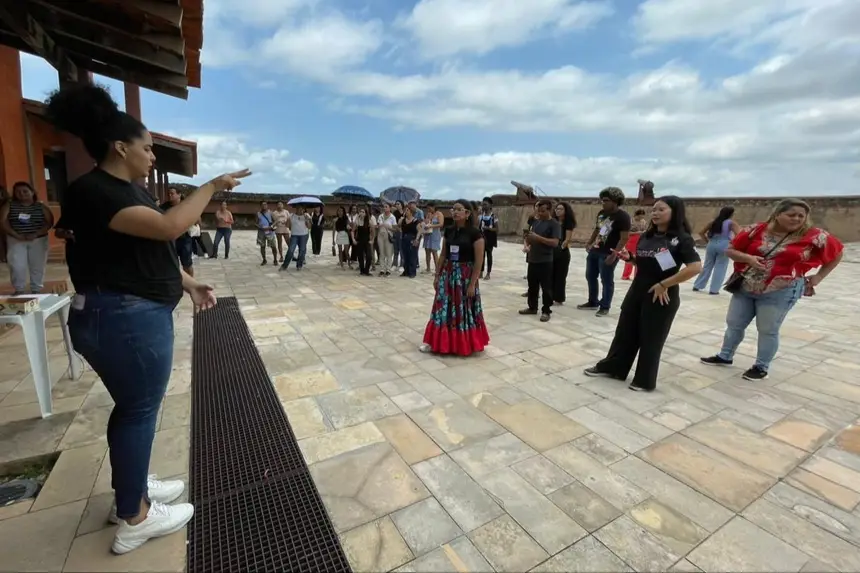
The extension action “Amazon in Libras” brings the universe of Brazilian Sign Language (Libras) closer to society through playful activities and exchanges of experiences between students of the Portuguese Language course with a specialization in Libras from the Federal University of Pará (UFPA) and the local community. The State Secretariat of Culture of Pará (Secult) supports the project, which held its second edition on the morning of this Wednesday (5) at Forte do Presépio. The theme of this edition focused on Amazonian culture, emphasizing the appreciation of culture through sign language.
The director of the space, Igor Zampolo, reinforces the importance of Forte do Presépio as a space for exchanging experiences with a flow of diverse people daily. In this case, it becomes even more special in his assessment, with the approach of a historically marginalized community.
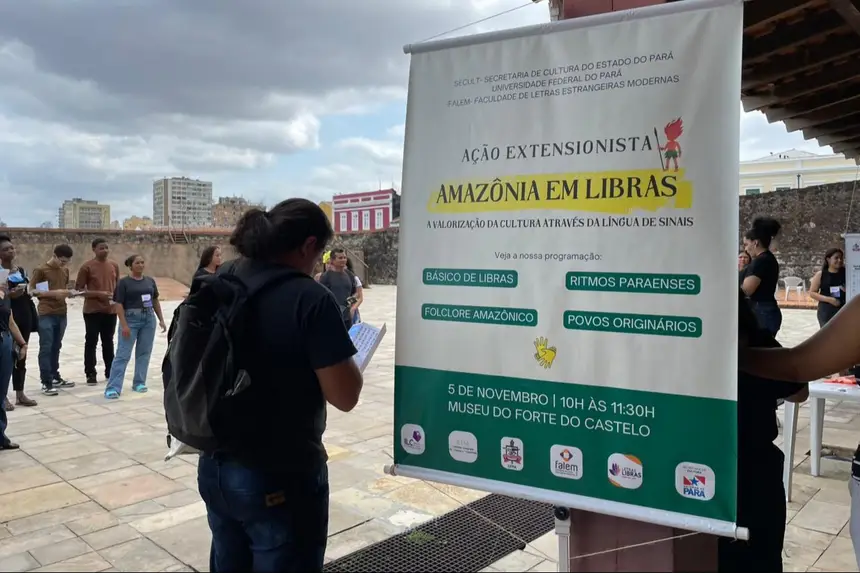
“It is an action that helps make the space more accessible and welcoming for the deaf community. And when we talk about Libras in the Amazon, it has an even greater meaning because it involves our culture, our ways of expressing and communicating. It is very beautiful to see the university and the museum together in this exchange that brings people closer to our history,” says Zampolo.
The coordinator of the action and professor of the Libras course, Lizete Sobral, estimates that approximately one hundred people gathered this Wednesday in the space, including students and visitors. They exchanged knowledge about the basic content of Libras and cultural aspects focused on Amazonian folklore, indigenous peoples, and Pará rhythms. At the end of the experience, the students presented a sign language version of the song “Ai menina,” by the Pará singer Lia Sophia.
Sobral details that the actions are motivated by the Extension Seminar on Deaf Education, a new curricular component established by the new curriculum of the teaching degree courses defined by the Ministry of Education (MEC) to encourage practical learning.
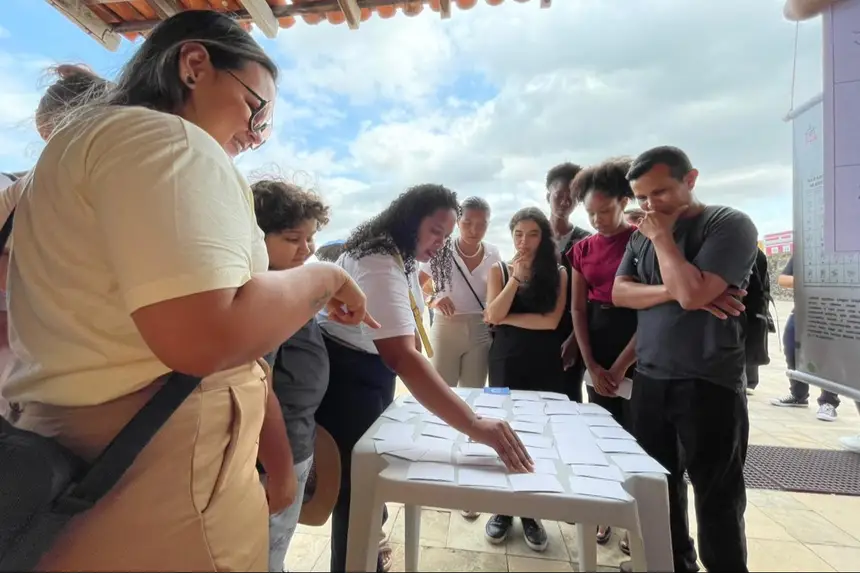
“In these practical activities, there is a whole theoretical foundation of content that they learn in the subjects of each academic period, and at the end of this period, the content worked on in each subject is involved in a practice, which is called extensionist, because it extends beyond the walls of the university, so that this student training is not restricted to the walls and the university environment,” explains the coordinator.
She thanks the support of Secult, the Integrated System of Museums and Memorials (SIMM), and the Faculty of Modern Foreign Languages (Falem), which is also responsible for the project. “We have always sought this support and have been attended to immediately; we are very grateful and I want to highlight this partnership, which has been very nice, so that we can work on cultural aspects with society, along with the teaching of Libras,” she concludes.




